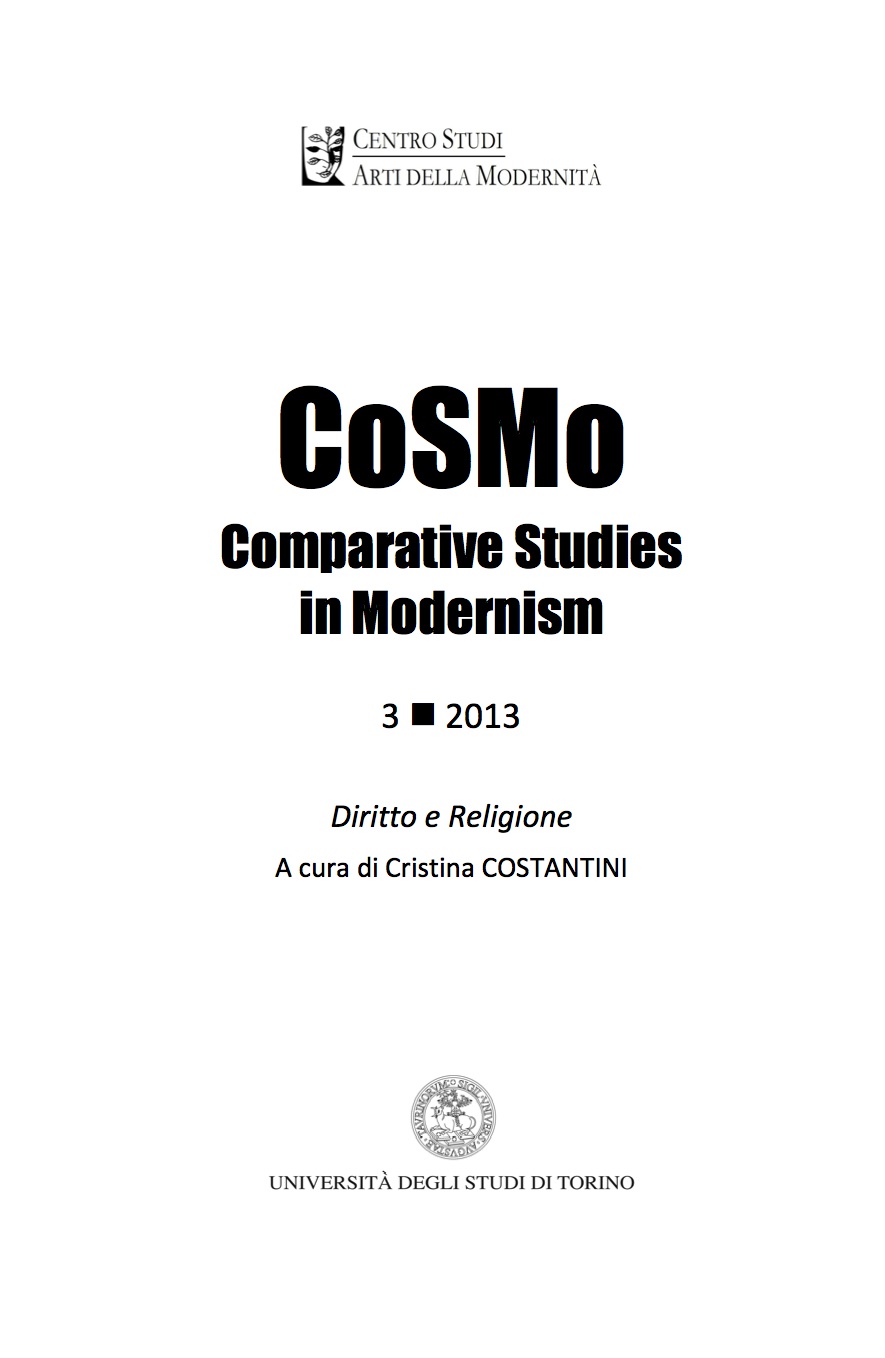The English Katéchon: Theological-Political Mediation in Tudor Age
DOI:
https://doi.org/10.13135/2281-6658/444Keywords:
katechon, legal tradition, canon, memory, body, flesh, representation, apocalyptic imagination, millenarismAbstract
The essay discusses the protean shapes of the politics of memory which conformed English tradition. The intellectual construction of a ‘remembered past’ was inscribed within a theological promise of redemption and salvation; the millenaristic thought created a visionary imagination and supported the recognition of antichristic and katechontic bodies. Moving from these premises, the Author highlights the pivotal role played by Queen Elizabeth I in giving substance to English memory. The main purpose is to investigate the process of cultural negotiation which governed the onto juridical threshold between Elizabeth’s Flesh (that is her natural, physical, female and even sexual consistence) and Elizabeth’s body of sovereignty. The canonical representation construed what, in a very original manner, the Author defines as Katechontic Elizabeth, making an adjectival use of the greek word katechon with its strong theological ascendancy. According to this approach, Elizabeth was depicted as the mundane force destined to fight against the Antichrist, historically embodied by the Roman Pope. In this framework the Author outlines the multifarious devices used to legitimate the cult of the Virgin Queen or, more incisively, to transform a virginal flesh into a body of salvation, evocatively into a katechontic body. They fundamentally were: an apocalyptic narrative, an apologetic plot, the projection of a millenaristic order and a redundant iconography.Downloads
Downloads
Published
Issue
Section
License
Authors keep the copyrights for their work and give the journal the work’s first publication copyright, which is at the same time licensed under a Creative Commons License – Attribution, which in turn allows other parties to share the work with an acknowledgement of the work's authorship and initial publication in this journal.
Content Licence

You are free to copy, distribute and transmit the work, and to adapt the work. You must attribute the work in the manner specified by the author or licensor (but not in any way that suggests that they endorse you or your use of the work).
Metadata licence

CoSMo published articles metadata are dedicated to the public domain by waiving all publisher's rights to the work worldwide under copyright law, including all related and neighboring rights, to the extent allowed by law.
You can copy, modify, distribute and perform the work, even for commercial purposes, all without asking permission.





